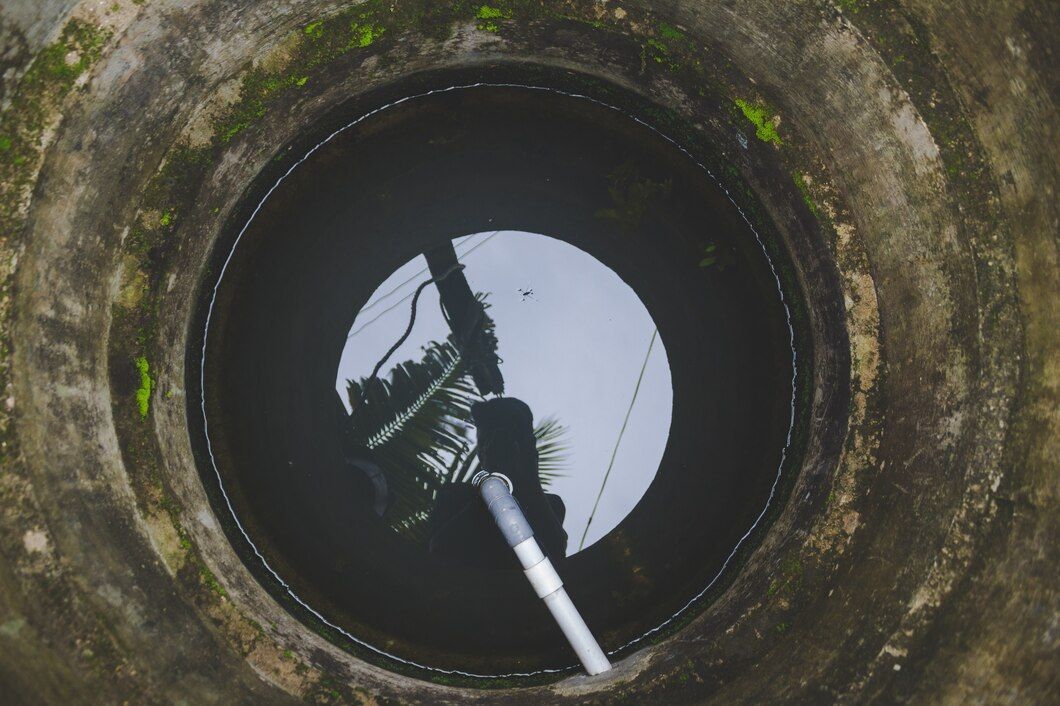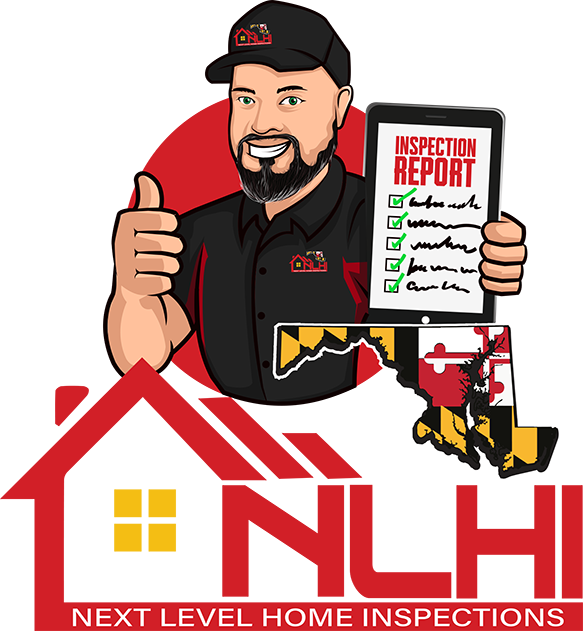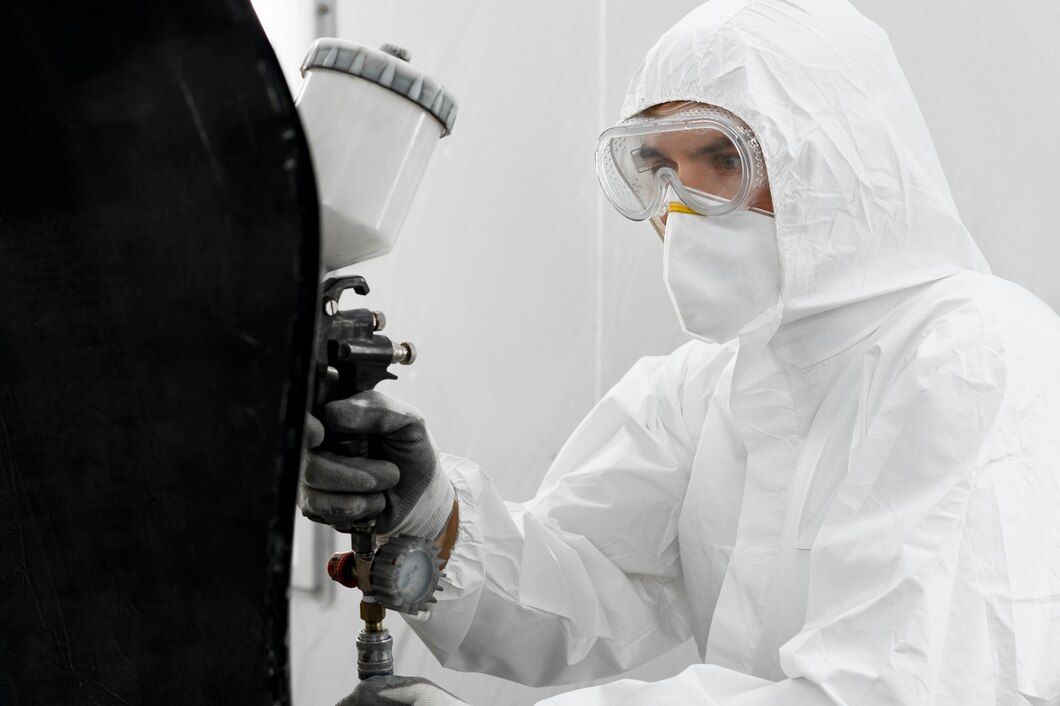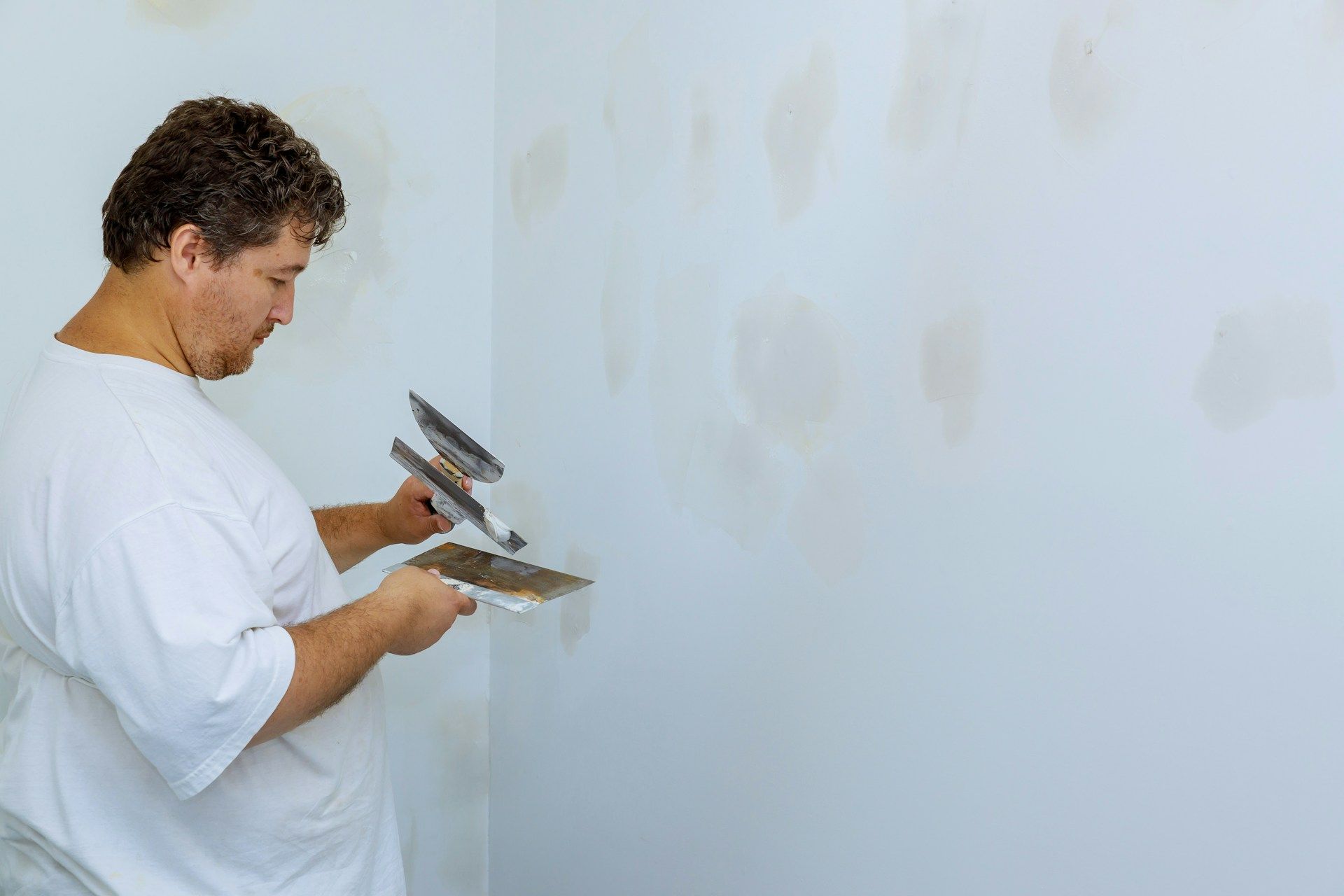Septic System Inspections: Ensuring a Healthy, Functional System for Homeowners

When you are a homeowner or homebuyer in Maryland, the importance of a properly functioning septic system cannot be overstated. A failing septic system poses not only an environmental hazard but a significant financial burden and inconvenience. Therefore, understanding the intricacies of septic system inspections and their benefits is essential for maintaining a healthy, sustainable living environment.
Septic systems serve as on-site wastewater treatment facilities for homes that are not connected to municipal sewer systems. As critical components of a property's plumbing infrastructure, these systems are responsible for disposing of household wastewater safely and effectively. However, if a septic system malfunctions due to poor maintenance or other factors, it can cause environmental damage, unpleasant odors, sewage backup, and costly repairs or replacement.
Regular septic system inspections are necessary to ensure the longevity and proper functionality of these essential home systems. These inspections can identify potential issues, inform homeowners about necessary maintenance, and even save costs by mitigating potential risks before they become significant problems.
For prospective homebuyers, a septic system inspection is a vital part of the homebuying process, as it helps to assess potential risks and costs associated with the purchase of a property equipped with a septic system. Being aware of the system's condition can influence your decision to buy the property, request repairs, or negotiate a better price with the seller.
In this comprehensive guide, we will discuss the septic system inspection process, its significance for homeowners and homebuyers, and tips for selecting a trustworthy inspection service.
The Septic System Inspection Process
A septic system inspection is a comprehensive assessment of the various components, including the tank, drain field, and all associated pipes. The inspection process typically encompasses the following steps:
1. Review of Records:
The inspection starts with a review of the property's records to determine the age, capacity, and maintenance history of the septic system.
2. Locating the Septic System:
The inspector will locate and access the septic tank, utilizing specialized equipment if it is buried beneath the soil.
3. Visual Inspection:
The inspector will visually examine the tank, pipes, and drain field to identify any signs of damage or leakage.
4. Pumping and Cleaning: The tank may be pumped to remove solids and enable a more thorough inspection of the interior, assessing for cracks and evaluating the condition of the baffles and other components.
5. Load Test: A load test, which involves the introduction of a large volume of water into the system, helps determine the ability of the drain field to handle and disperse liquid efficiently.
6. Reporting:
The inspector will provide a detailed report outlining the condition of the septic system and noting any potential issues or maintenance recommendations.
Understanding the Benefits of Septic System Inspections
Regular septic system inspections offer several benefits for homeowners and homebuyers alike:
1. Cost Savings: Inspections can identify potential issues before they become significant problems, enabling proactive maintenance and preventing costly repairs or system replacements.
2. Environmental Protection:
Regular inspections help ensure that the septic system is functioning correctly, minimizing the risk of wastewater contamination of nearby soil and groundwater.
3. Compliance with Local Regulations: Depending on the jurisdiction, specific regulations may require periodic septic system inspections to confirm proper functionality and compliance with environmental guidelines.
4. Property Valuation:
A well-maintained septic system adds value to your property, providing a selling point for potential buyers and contributing to a faster, smoother transaction process.
5. Peace of Mind:
Knowing the condition of your septic system and addressing potential issues promptly ensures the system's long-term functionality, providing you with peace of mind as a responsible homeowner.
Post-Inspection Steps
Following a septic system inspection, homeowners and homebuyers can take several steps to address any identified issues and maintain the system's functionality:
1. Regular Maintenance: Adhere to recommended maintenance practices, such as having the septic tank pumped every three to five years, depending on usage.
2. Repairs and Replacements:
Schedule prompt repairs or replacements for any damaged components identified during the inspection.
3. Lifestyle Adjustments: Adopt lifestyle changes to reduce stress on the septic system, such as limiting water usage, avoiding the disposal of non-biodegradable items in drains, and refraining from heavy traffic over the drain field.
4. Ongoing Monitoring:
Keep an eye out for signs of septic system issues outside of regular inspections, such as slow drains, unpleasant odors, or pooling water near the drain field.
Selecting a Septic System Inspection Service
To ensure the reliability and accuracy of your septic system inspection, it's crucial to choose a certified, experienced inspection service. Consider the following factors when making your selection:
1. Licensing and Certification: Verify that the inspection service is fully licensed and holds relevant certifications, demonstrating adherence to industry standards and regulations.
2. Experience: Opt for an inspection service with a proven track record of inspecting septic systems similar to yours, demonstrating familiarity with the specific challenges and requirements of your system.
3. Thorough Reporting: Choose a service that provides detailed inspection reports, clearly explaining any issues and offering actionable recommendations for addressing them.
Protect Your Investment with Septic System Inspections
For Maryland homeowners and homebuyers, septic system inspections are vital to ensuring a healthy, functional, and environmentally responsible property. By understanding the inspection process, recognizing the benefits, and selecting a reputable inspection service, you invest in the well-being and long-term value of your property.
Trust Next Level Home Inspections for thorough, professional
home inspections in Maryland. Our skilled inspectors are committed to safeguarding your home's health and value by providing comprehensive assessments and guidance. Schedule your septic system inspection today and experience the peace of mind that comes with maintaining this vital aspect of your property.










